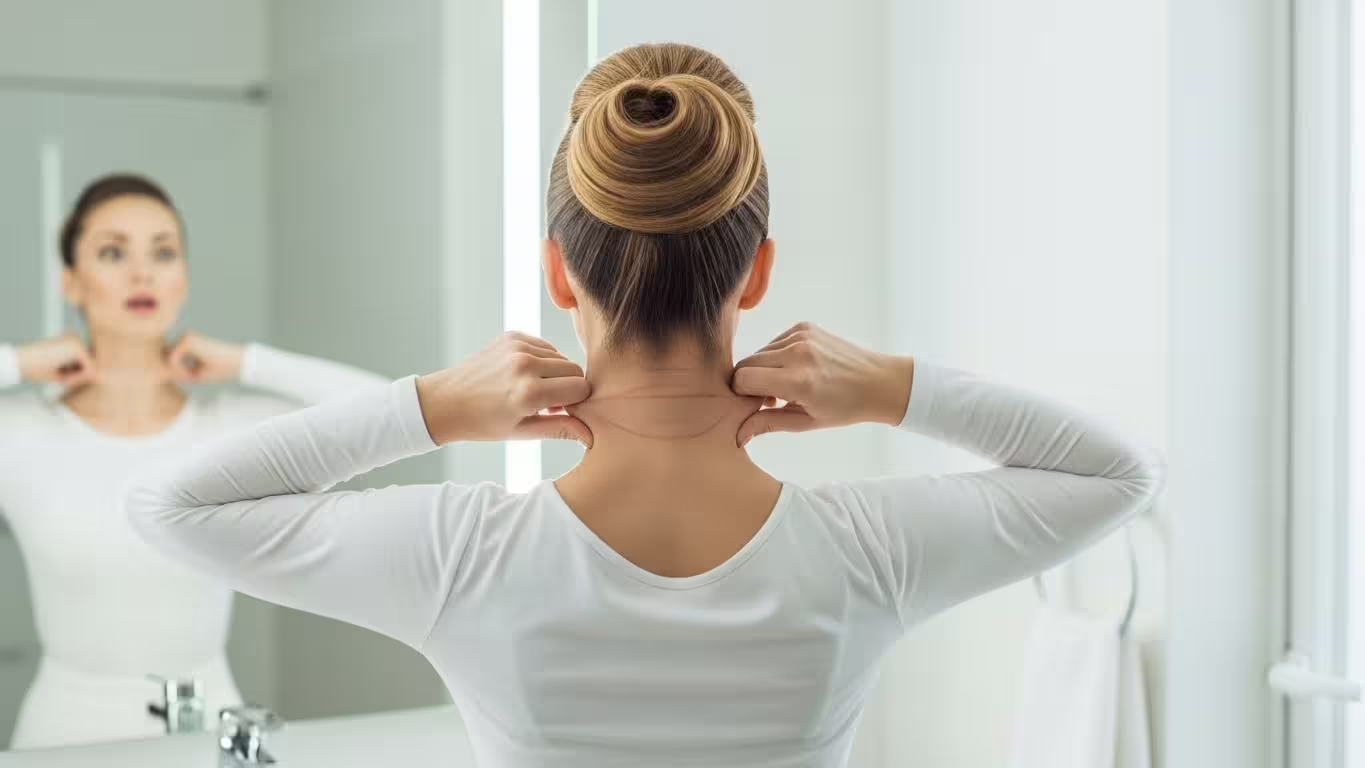Capsular Contracture: Understand the Condition
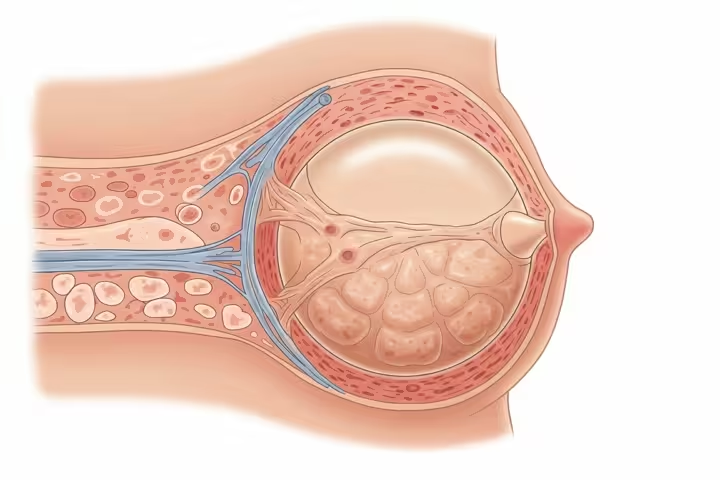
Breast augmentation, or silicone breast implant surgery, is one of the most sought-after cosmetic procedures, capable of bringing great satisfaction and boosting the self-esteem of many women. However, like any surgical intervention, it is not without risks and possible complications. One of the most well-known and feared is capsular contracture, a condition that can affect the aesthetic outcome and comfort of the patient. In this article, we will explore what capsular contracture is, why it occurs, and most importantly, how Dr. José Cury, a specialist in plastic surgery, can assist in the diagnosis, treatment, and prevention of this complication.
What is Capsular Contracture?
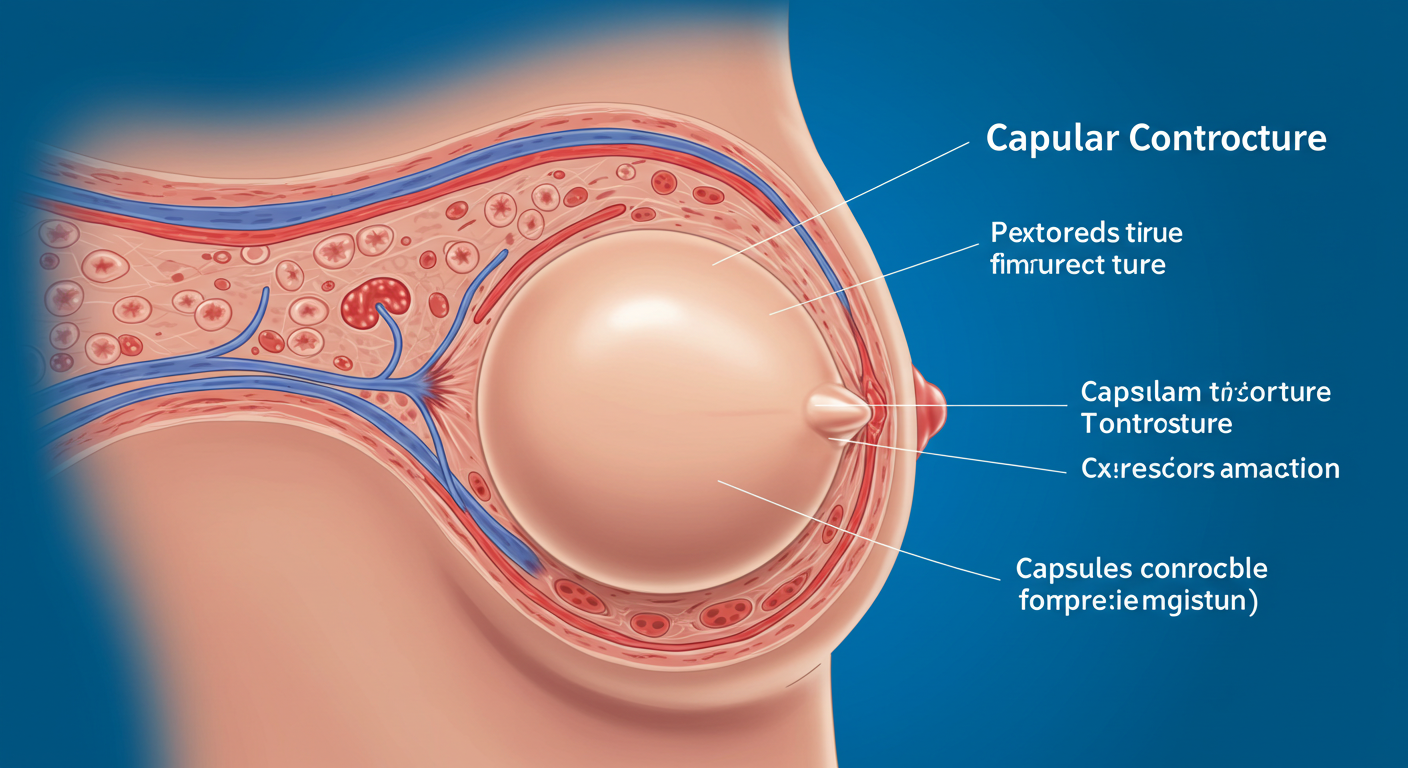
After the insertion of a silicone implant, the body naturally reacts by forming a capsule of fibrous tissue around it. This capsule is a normal part of the healing process and serves to isolate the implant from the rest of the body. Under normal conditions, it is soft and flexible, allowing the implant to move naturally and the breast to maintain its softness. Capsular contracture occurs when this capsule becomes excessively thick, rigid, and contracts, compressing the implant. This compression can cause a series of symptoms and aesthetic changes, ranging from mild to severe.
Why Does Capsular Contracture Happen?
The exact cause of capsular contracture is not yet fully understood, but several factors can contribute to its development:
- Immunological reaction: In some cases, the body may have an exaggerated response to the implant, leading to excessive fibrous tissue formation.
- Bacterial contamination: Although rare, the presence of subclinical infections around the implant can trigger an inflammatory response.
- Hematoma or seroma: The accumulation of blood (hematoma) or fluid (seroma) after surgery can increase the risk.
- Implant rupture: Even discreet, it can expose the silicone to the surrounding tissue, stimulating the formation of a denser capsule.
- Genetic factors: Some women have a genetic predisposition to develop this condition.
- Breast trauma: Direct trauma after surgery can contribute to contracture in certain cases.
Symptoms and Grades of Capsular Contracture
Symptoms vary in intensity and are generally classified according to the Baker scale:
- Grade I: The breast remains soft and looks natural. The capsule is not detectable to the touch. No pain.
- Grade II: The breast is slightly firm to the touch but still looks normal. There may be slight discomfort.
- Grade III: The breast becomes visibly hard, with an altered shape and a more “round” or “spherical” appearance. There may be mild to moderate pain.
- Grade IV: The breast is hard, painful to the touch, distorted, and disfigured. It may show visible rippling or implant displacement. Pain can be intense.
How Can Dr. José Cury Help?
Dr. José Cury has extensive experience in plastic surgery and is highly qualified to deal with cases of capsular contracture, offering:
- Accurate diagnosis: Through detailed clinical evaluation and imaging exams, he identifies the degree of contracture.
- Complete clarification: Explains the condition, its causes, and treatment options, ensuring safety and information for the patient.
- Individualized treatment: Approaches may include:
- Capsulotomy: Incision in the capsule to release pressure.
- Capsulectomy: Partial or total removal of the capsule, usually with implant replacement.
- Implant exchange: Use of different models (such as polyurethane) or change of plane (subglandular to submuscular).
- Prevention techniques: “No-touch” surgical technique, strict infection control, and appropriate implant type selection.
- Continuous postoperative follow-up: Careful monitoring to detect early signs of contracture.
Capsular contracture is a possible complication of breast augmentation, but with adequate follow-up, it can be safely treated, restoring the patient’s aesthetics and well-being. If you have silicone implants and suspect the presence of contracture, or wish to know more about prevention, schedule a consultation with a specialist. Dr. José Cury is available to offer welcoming, safe, and technically excellent care.
Os Mais Lidos

Mini Lifting or Full Facelift: Which Is Ideal for Your Case?
Over time, the skin loses elasticity and facial contours change. Wrinkles, sagging, and tissue descent become more noticeable. In this context, two surgical procedures often raise questions: mini lifting and …
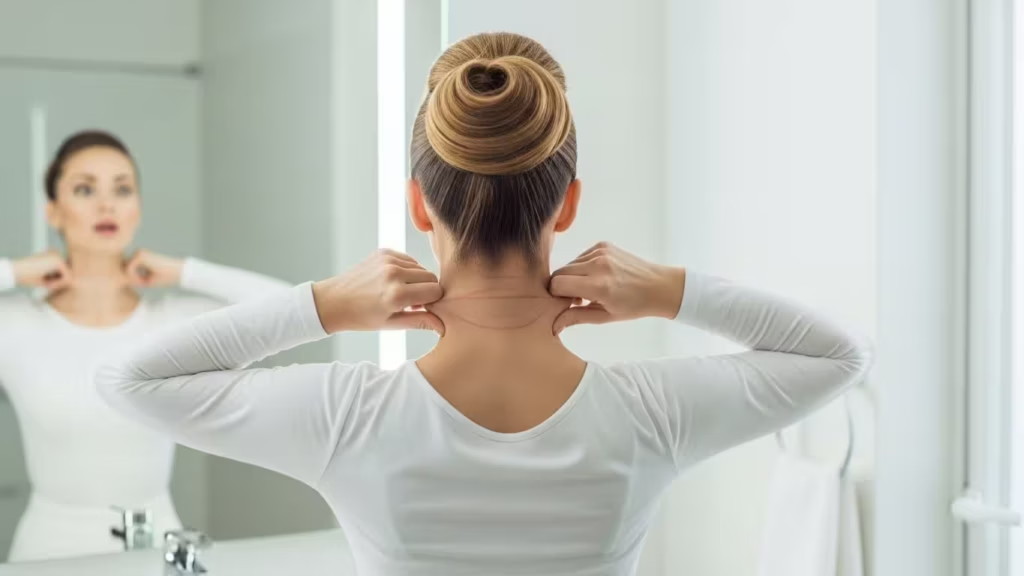
Facelift with Neck Rejuvenation: The Secret Behind a Refined Facial Contour
The neck is one of the areas that most clearly reveals the passage of time—often even before the face. Lines, sagging skin, and loss of definition appear gradually, and despite …
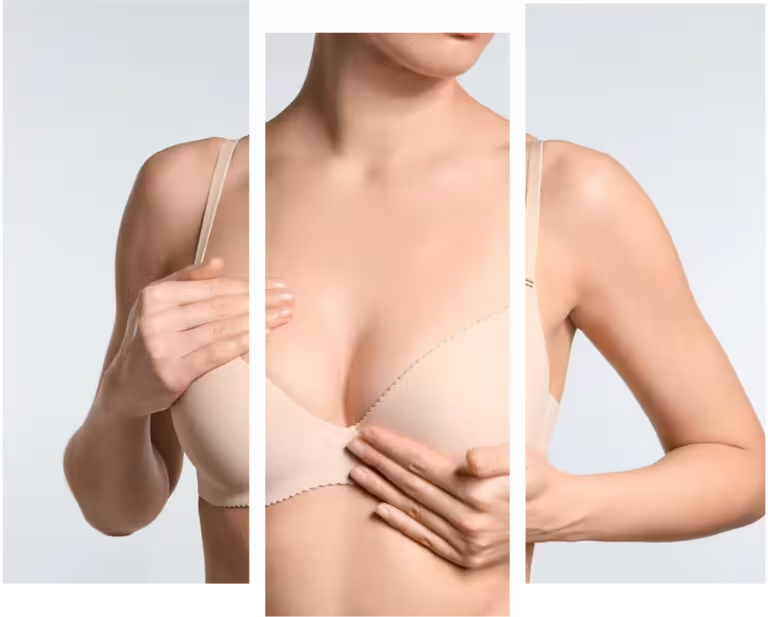
Reduced Mammoplasty: Myths and Truths Debunked
Reduced Mammoplasty: Myths and Truths Debunked by Dr. José Cury Reduced mammoplasty is a plastic surgery that goes far beyond aesthetics. For many women, it’s a solution for health problems …

